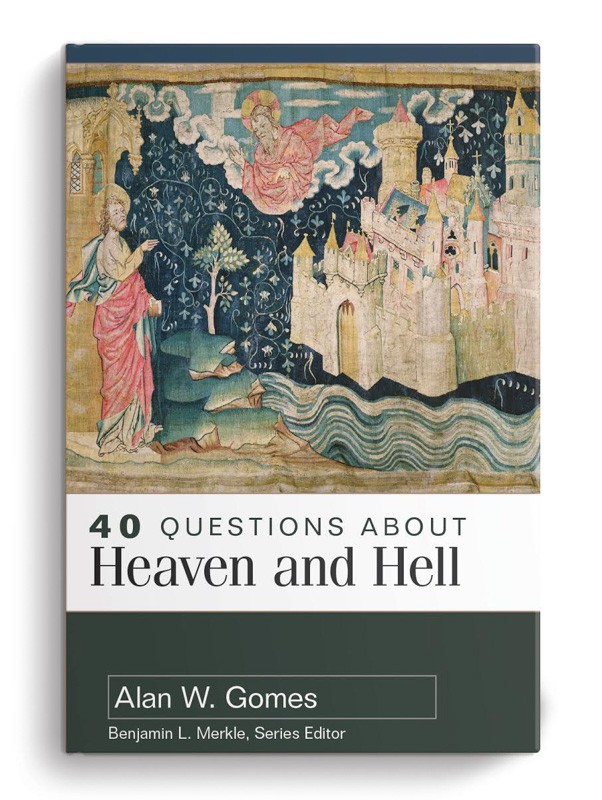
The notion that God sends people to hell is accurate in a certain sense. If by “send to hell” one means that God himself will cast unrepentant sinners into the lake of fire (Rev. 14:10; 20:15; cf. Matt. 25:41), then that is true enough. However, in another real and very important sense, God does not send anyone to hell; people send themselves there, by their own choice.
Let us ponder this important point in more detail, for it is critical in answering the question before us.
When God created humankind, he fashioned a creature of great worth and dignity. Unlike the other creatures recorded in the creation account of Genesis, he created men and women alone in his image. Among other things, this image entails a moral likeness to God, including the capacity for self-determination and meaningful ethical choices. One of those meaningful ethical choices — indeed, the most meaningful choice of all — is whether to love and serve God or to spurn his love. Those who reject God thereby choose hell, which is separation from God. What God is guilty of, so to speak, is respecting the free will of creatures that he created in his own image by allowing them to exercise their choice to reject him. God thus acknowledges the worth of human creatures by continuing to uphold their existence and by allowing them to choose their own path.
And what path has the unrepentant sinner chosen? It is, in essence, to be “God,” which is to be the center of his or her own autonomous universe, in which one’s own desires reign supreme. The obstinate rebel will not bow the knee — or at least not willingly or with joy — because submitting to the will of another is abhorrent to such a one. Yet, these sinful creatures, being creatures, live in God’s universe, governed by God’s moral laws, with God as its Lord. God’s moral laws work as invariably as his physical laws, and one either conforms to them or they dash him to pieces.
Now, one of those invariable moral truths is that the rational creature, whether human or angelic, can only find happiness in submission to God as the ground of all joy. Conversely, when one willingly separates from God and substitutes oneself as his or her own god, that individual cannot but be wretched. This is simply the way the moral universe works. Sinners may rail against this with all their being, but they may just as well rage against the law of gravity.
We should also note that the lost in hell would never choose to leave their condition for heaven, granting that the essence of heaven is joyful submission to God. To those who set their affections totally upon themselves — who are “curved inward,” as St. Augustine put it — heaven would be a kind of suffering even worse than hell itself. No doubt they would choose all the fringe benefits of a life with God, but only if they could have it without God himself. But this cannot be.
Excerpt taken from 40 Questions About Heaven and Hell, by Alan W. Gomes (M.Div. ’81, Th.M. ’84, professor of theology). Copyright Alan Gomes and Kregel Publications, 2018. Excerpt used with permission.
 Biola University
Biola University



